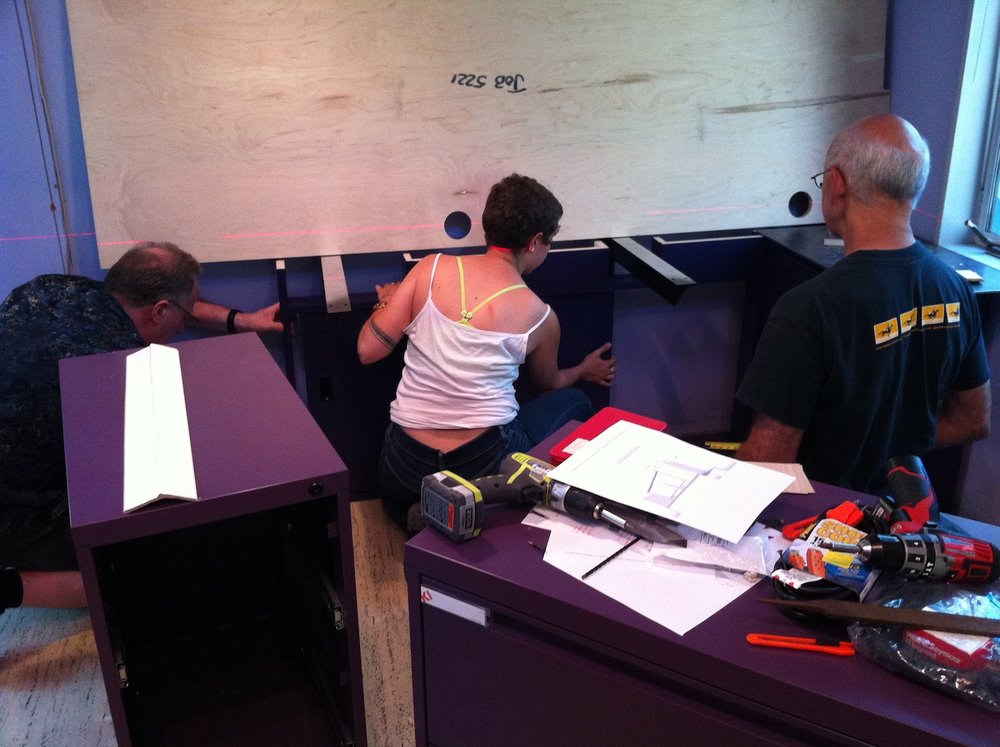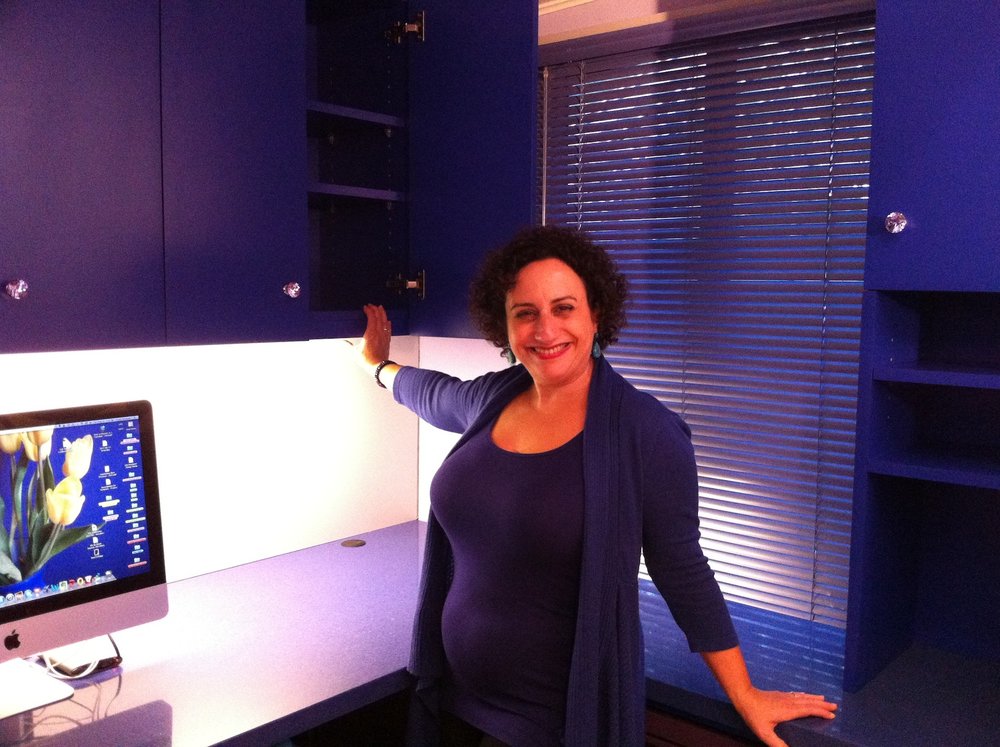We all have dreams, don’t we? One of mine, which has taken almost a decade to realize, has recently come to fruition. My office area was transformed from a crazy hodgepodge of furniture to a beautifully designed space that was created and organized just for me. Guess what? It didn’t happen quickly or on it’s own. I needed lots of help along the way. It was a learning process, which included patience, persistence, creativity, and other people. To all the fellow goal chasers and dream seekers, I'd love to hear your thoughts. Which “help” tips resonate with you? Who and what have helped you in pursuit of your dreams? There were some things that helped me. Read on and then join our conversation.
Dreams Need Help – 8 Tips
1. Dream Help
Having someone to support, expand, mull over and tweak your dream is essential. We all need at least one dream buddy to share our journey with. My dreaming partner was my wonderful husband, Steve. He encouraged me to own the dream and not limit my thinking.
2. Letting Go Help
In preparation for my new space, I needed to review and edit my office contents. Letting go of some physical items was part of this process. As a professional organizer, I’m good at asking others those classic letting go questions like, “Do you want it?” or“When was the last time you used it?” or “Is it worth the real estate, energy and maintenance?” However, I found it helpful when someone else (such as my husband or daughter) posed the questions to me. Hearing the questions out loud by an objective person helped me be more decisive and enabled me to let go of the unessential.

3. Design Help
Putting specifics to my dream meant that I first needed to understand how I wanted my office space to look and feel. Words at the top of the list included purple, sparkly, organized, happy, fun, spacious, and calm. I perused my Pinterest boards (particularly Oh, So Luscious Color!, Oh, So Colorful Spaces!, and Oh, So Organized Office!) for visual inspiration. My husband listened to my ideas, incorporated them into the design, made best use of the space, created lovely three-dimensional drawings, and helped me select materials and colors. When everything was installed, the family agreed that it was truly a “Linda space.”

4. Heavy Lifting Help
Some dreams require brawn. Mine sure did. I needed physical help with manufacturing, disassembling my office, moving furniture, and installing the new cabinets and countertop. I could not have done this without the muscle team who included Steve, Nick, Allison, and some talented vendors. Thank you.
5. Patience Help
Patience was mostly an inside job. I had to help myself or rather, remind myself that all things worth doing, take time. They will and can get done, but adjustments for when they happen will be necessary. It’s the when that can be most trying when pursuing a dream.

6. Discomfort Help
I’m not proud to admit this, but I was extremely out of sorts during the twelve days we had to disassemble my office and temporarily relocate it to the living room. This gave me an entirely new appreciation of what my clients experience on a regular basis. It feels terrible when our environment doesn’t support us. My living and working areas were in disarray, which made it extremely challenging to function and focus. Fortunately, my family was there to help me navigate being uncomfortable by encouraging a positive perspective and keeping me focused on the goal. My husband gently reminded me that, “The chaos is only going to last a short while.” My daughter, Allison used a different yet equally effective approach. She said, “Mom, change and chaos are good for you.”
7. Organizing Help
It was joyful being my own client and organizing my new space. Before organizing “stuff” back into the office, I appreciated the emptiness of the space. I felt calm seeing the clear surfaces that had almost no visual noise. As I put things away, I was selective about what deserved a “home.” Only what I loved and used most returned. I’m still deciding the fate of the many small toys (imagine a miniature Mr. Potato Head or glitter-covered Eifel Tower) that have always been part of my office decor. A few toys have returned. Before more come back, I’m waiting to see how the space feels with less.
8. Cheerleading Help
Family and friends provided lots of encouragement along the way. The high fives, ooohs and ahhs, and “It’s going to be great” helped me to stay vision-focused and excited. When it was time to select cabinet knobs, I created a quick survey on Facebook. People weighed in on their favorite knob option. The feedback was wonderful. I am grateful for the many cheerleaders along the way. Special heartfelt thanks go to Steve, Allison, Cassie, Mom, Yota, Peggy, and Elisa for their extra enthusiasm and support.

My space is no longer just an office. It’s now a well-designed place for possibilities, creativity, problem solving, thinking, planning, writing, teaching, communicating, and being. Thank you to all those that helped nurture and encourage my dream.
What has your experience been when pursuing a dream? Did you go it alone? Did you enlist help from others? I look forward to hearing your thoughts.











